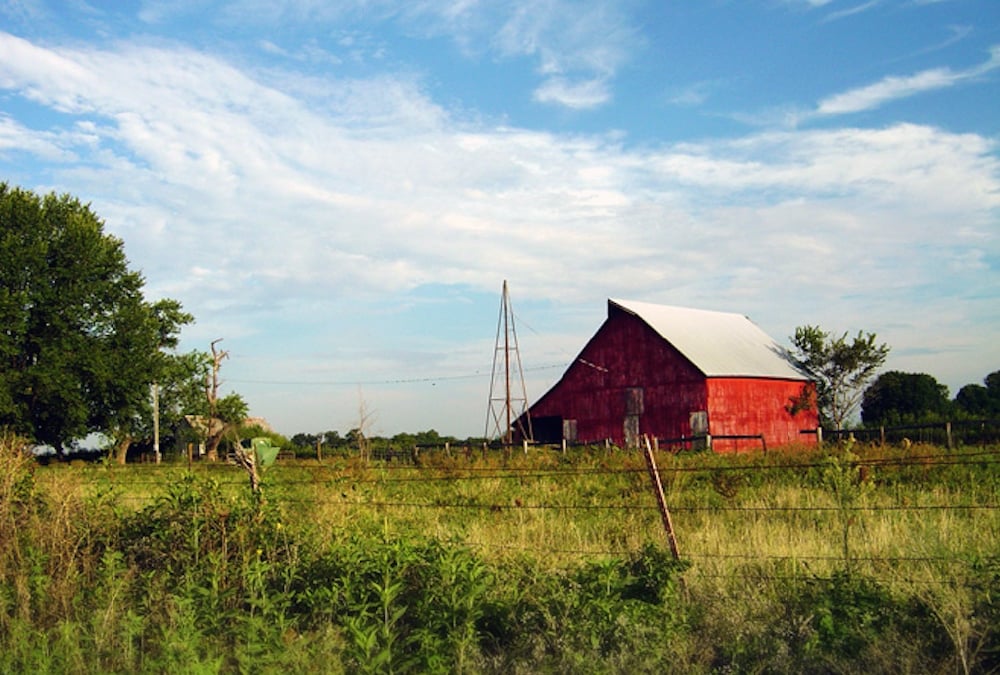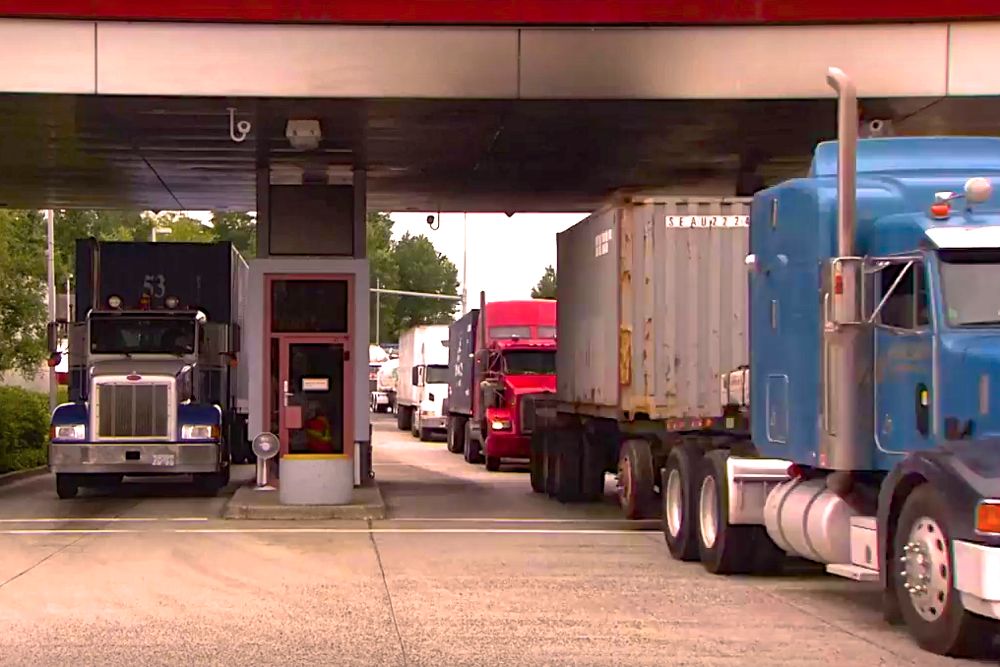Federal government defers implementation of modified capital gains tax to 2026

Ottawa | Reuters—Canada’s government on Friday announced that it would defer the implementation of the controversial changes in the capital gains tax to January 1 next year.
People who fell under the scope of the proposed changes of the tax regime were concerned whether they would have to continue paying the modified capital gains tax after the measure failed to pass through parliament.
The measure could not pass the House of Commons last year due to a political logjam, and this year it got stalled again after Prime Minister Justin Trudeau suspended the parliament.
Read Also


Trump set to impose tariffs on Canada, Mexico and China on Feb. 1 White House says
U.S. President Donald Trump on Saturday will implement tariffs of 25 per cent on Canadian and Mexican imports and 10 per cent on Chinese goods with immediate effect, White House spokesperson Karoline Leavitt said on Friday.
The government had proposed in April to increase the proportion of capital gains subject to tax to two-thirds from half for businesses and for individuals with capital gains above C$250,000 ($174,605.39).
The measure, supposed to be implemented from June 25 last year, was not officially implemented through an act of Parliament but the government has been collecting the increased tax since the stipulated date, the government said earlier this month.
Farm groups have lobbied against the changes to the capital gains tax.
In a statement today, Grain Growers of Canada said it continues to be opposed to the change.
“The tax hike has already forced many family farms to sell early and will increase cost for most family-run grain farms who produce the majority of food that Canadians and the world rely on once implemented next year,” said GGC executive director Kyle Larkin.
“Delaying bad policy doesn’t fix bad policy – it just drags out uncertainty, derails succession planning, and challenges the future of family farms. When this tax hike takes effect, it will also target farmers’ retirement plans, move the goalposts for the next generation of producers, and further complicate the tax code, driving up accounting and legal expenses for all farmers.
Larkin called for the government to completely reverse the changes.
—Reporting by Promit Mukherjee. With files from Glacier FarmMedia
Source: Farmtario.com

